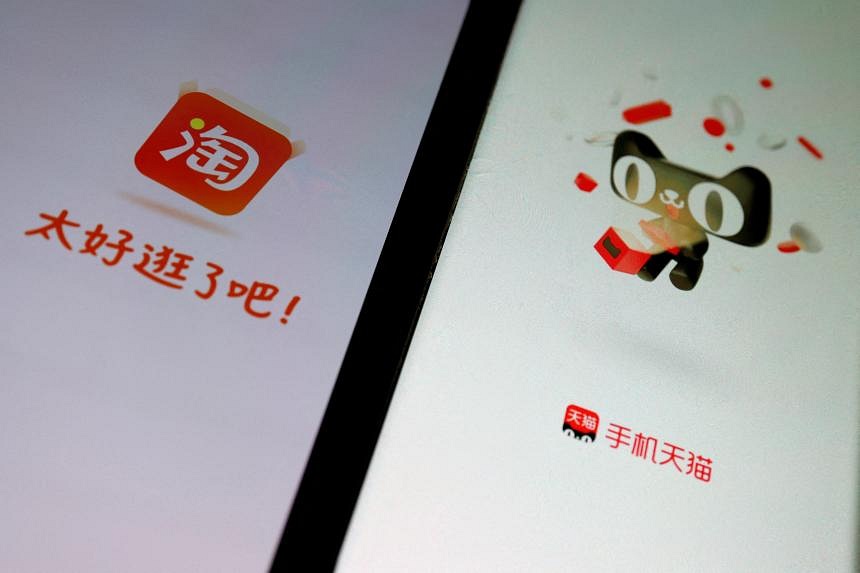BEIJING – China’s e-commerce giants are pulling out all the stops during the annual “618” shopping festival, in a bid to shake off the industry’s post-Covid malaise and return to something like the rah-rah years before 2020.
Alibaba Group Holding is offering 50 per cent off Lululemon apparel, while rivals like ByteDance and PDD Holdings advertise steeper-than-ever discounts.
Price cuts are just the start. Companies are enlisting A-list celebrities to flog products over live video and promising no-questions-asked returns.
Before taking on her duties as the new face of J’adore fragrance, singer Rihanna found time to rustle up jianbing (a type of crepe) on one Chinese platform. JD.com even created a digital avatar of its founder Richard Liu to hawk steak and blueberries.
“This year’s 618 is the most cut-throat shopping festival ever,” managing director at Kearney China Sherri He said. “E-commerce platforms are under huge performance pressure amid a consumption downgrade.”
The 618 event in 2024 – a US$100 billion (S$135 billion) extravaganza several times larger than a typical Black Friday sale – is more closely watched than ever. From incumbent leader Alibaba to upstarts such as Bilibili and ByteDance’s Douyin, the aggressive discounts and unprecedented marketing underscore an urgency to rekindle growth.
Everyone in the ecosystem is feeling the pressure. For investors, 618 represents the first large-scale test in 2024 of whether the Chinese consumer is finally ready to splurge again – or to what extent a property crisis, stubborn deflation and uncertain job prospects are discouraging spending.
When all is said and done, how Alibaba and JD.com perform may be key to reviving share prices that are at about a quarter of their 2020 highs.
It’s unclear when the companies might release final results – or how comprehensive they would be. Initial and independent estimates paint a mixed picture.
JD.com said it racked up record gross merchandise value. Alibaba said its platform saw more than 36,000 brands, including Burberry and Ralph Lauren, double their gross merchandise value from the 2023 event, though it didn’t divulge overall figures.
Total sales across e-commerce platforms were down 7 per cent from the previous year, at 742.8 billion yuan (S$138.2 billion), according to market tracker Syntun.
That’s in contrast to data from Analysys, which found short-video platforms led growth over the first two weeks of the festival: Douyin grew sales by 30 per cent and Kuaishou Technology improved by 18 per cent, outpacing Alibaba’s 15 per cent and JD.com’s 9.5 per cent growth, according to that research.
An increase in no-quibble returns may help account for some of the discrepancy. Some luxury brands reported return or cancellation rates as high as 75 per cent during last November’s Singles’ Day festival, far higher than the industry norm. And they’ve slashed prices in 2024 by as much as 50 per cent in a growing panic over unsold inventory.
Heavy discounting has alienated some merchants. More than 50 book publishers in Beijing and Shanghai refused to join JD.com’s 618 promotion, which required as much as 80 per cent discounts. Other merchants have quit 618 altogether as discounts mounted over the past years, Kearney China’s Ms He said.
“The mood music is still lower pricing and best value,” said Mr David Hampstead, chief executive of Samarkand Global, which helps western brands sell to Chinese consumers. “But there’s only so far you can push brands before China becomes too expensive or not profitable enough to play in. It’s reaching that point.” BLOOMBERG

